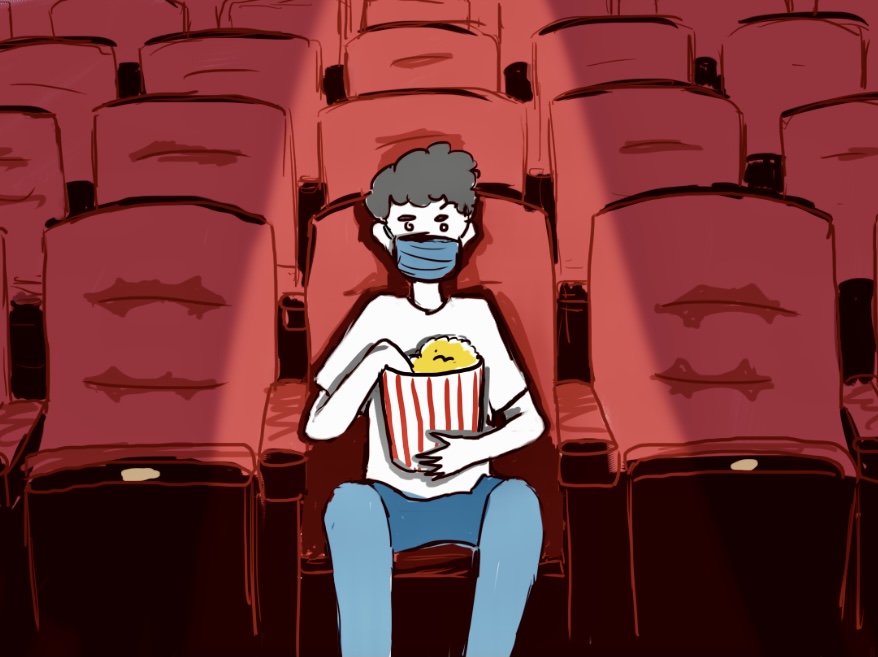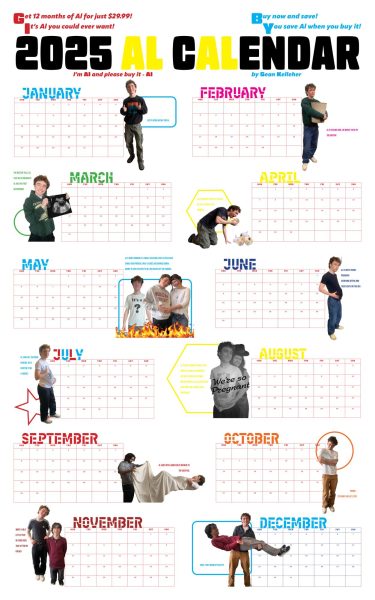The Changing Film and TV Industry Amidst The Pandemic
How the film and TV industry has changed and adapted to the pandemic life.
Over the past several months, the entertainment and movie industry has adapted to the restrictions brought on by the pandemic across the nation. The big releases and in-person experiences known to generate massive amounts of money in the movie industry have slipped away as viewers have transitioned to streaming platforms for remote viewing experiences. Businesses like the Central Cinema and the Northwest Film Forum in Seattle have closed due to COVID-19, and have experienced the impacts the pandemic from a unique point of view. While both of these businesses have had online viewing opportunities in place of in-person experiences, fewer people are showing up online compared to when these events were in-person.
“In terms of the number of people we are reaching per year, it’s not even close,” said Vivian Hua, the executive director of the Northwest Film forum. Businesses that have revolved around the in-person part of the movie industry have found it hard to keep up viewership, as more and more people gravitate towards the online streaming platforms like Netflix and Hulu.
“All these people are watching at home now, so all these films that would normally be providing money to movie theaters or would be big releases at AMC, people can just watch whenever they want to,” said Aubin Spitzer, a Garfield sophomore and child of Kevin Spitzer, one of the owners of Central Cinema.
This shift has had both negative and positive effects on the communities surrounding the film industry.
“A lot of the experience of going to a movie theater is missed. For example, they have really high quality of colors, and the full surround sound system, or even just sitting in a room full of people laughing at the funny moments, or scared at the scary moments. You miss that whole experience,” Spitzer said. Not only is this change a loss for consumers, but for movie theaters as well.
“There’s benefits and drawbacks to a bunch of different people, but it might end up with a lot more people just streaming things and less theater business in general,” Spitzer said.
Despite these drawbacks, the industry has seen many positive sides to this shift.
“The switch to going online creates a lot less cost because the whole aspect of having to actually put the film on a hard drive and send it to movie theaters is eliminated,” Spitzer said. “This way, people can just upload it to the website and pay a subscription to watch.”
For smaller filmmakers, this makes audiences easier to obtain. “It allows people to put their films online that maybe before couldn’t,” Hua said.
Yvette Dubel, director of the online “Freedom Film Festival” confirmed this: “Doing {the film festival} virtually reduced the cost of getting an audience, so that was sort of the trade-off.”
Looking on, it is easy to see how the film industry could be changed forever as a result of the pandemic. For many, the ease of viewing entertainment by logging onto the computer is a much more appealing alternative to going out to a movie theater. The simplicity in this remote experience could make this new way of viewing media a more permanent change to the movie and entertainment industry.
“Cost is lower, you don’t have to pay for parking, you don’t have to get dressed up, it makes it a lot more likely that you would want to do that on a Saturday night,” Dubel said about the at home viewing experience. Though this is true, many still think that the traditional in-person experiences essential in the film industry prior to the pandemic, still have hope.
“There is still a social need for shared experiences as well as getting out of the house. Both will exist in the future as they both have their places in our lives. The hard part is going to be how the shut down businesses can survive through to the other side of the pandemic,” said Kevin Spitzer, the owner of Central Cinema.
There are many unknowns when looking ahead to the future of the film and TV industry, and, because of the way this pandemic has forced the industry to adapt to our circumstances, remote viewing may be the new normal for entertainment for a long time.





